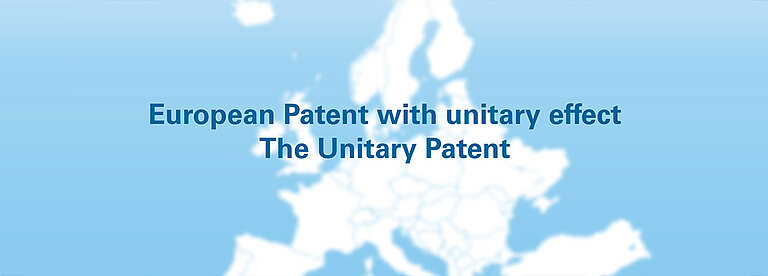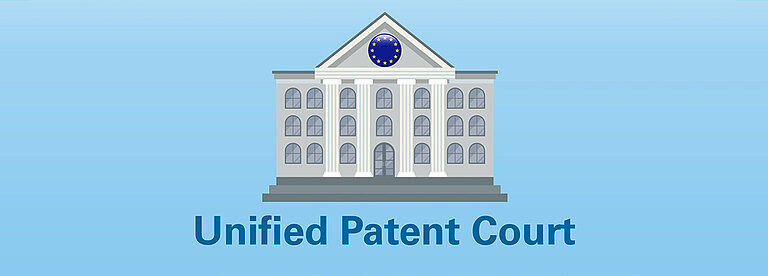Today (Feb. 16, 2022), there was a dispute among experts in the German Bundestag about the release of vaccine patents.
How does an invention actually come about? It is usually the result of a long process in which various players work together in partnership. Technical property rights in the form of patents are often a great incentive to keep this process going for all those involved. Patents give companies and research institutions a temporary monopoly on their invention, putting them in a position to operate economically even in the long term.
One could argue – at least in the case of vaccines that could put an end to the worldwide spread of a virus – that any argument regarding an invention’s profitability should surely be dropped, and with it the patent protection! However, it is not quite that simple. And it certainly doesn’t make sense.
If one thinks about future generations, they will realize that they will not only be confronted with a huge climate catastrophe, but also with repeated health problems, and thus likely also with further pandemics. The good news is that research and development of vaccines and other medicines are already at a very high level today. However, as far as new medical products are concerned, their development will only progress in the future if there are incentives to encourage investing in them today. If these incentives fail to materialize, for example because patent protection for vaccines is suspended, the development of these vaccines will also come to a standstill and their global availability will decline. This is a scenario that would particularly affect poorer countries.
In addition, there are the practical problems: Less industrialized countries usually do not have the necessary pharmaceutical infrastructure to produce vaccines on a sufficient scale. This is due, for example to the lack of production facilities, materials and, above all, skilled personnel in poorer countries. Suspending patent protection would therefore not help anyone, as the problems lie elsewhere.
Of course, the expansion of vaccine production and distribution to poorer countries is urgently needed. But it must be done in such a way that important quality and safety standards are maintained for the benefit of health. Licenses on a voluntary basis are a sensible way forward. They allow knowledge to be shared, while at the same time promoting the further development of such knowledge.
Compulsory licenses, on the other hand, which are often being called for in the same manner as lifting the patent protection rights, do not reflect reality. These are in essence a state-ordered restriction of the effect of an intellectual property right and have the consequence that the owner of the respective intellectual property right (e.g. patent) either would not be able to assert said rights, or would be restricted in said assertion. The problem in the present case is that no one has yet applied for such a compulsory license, i.e. there is currently no one who would even want to produce vaccines against the will of the patent holders. The distribution of vaccines does not fail because of prohibition rights of the patent holders.
The protection of intellectual property is an achievement that we should preserve. And not despite, but precisely because we bear responsibility - especially for future generations. Patents are of enormous importance in this respect: as a valuable source of information and as a driver for research, so that we can tackle the problems of our society, also in the future.
Header: Sono Creative - AdobeStock.com

![[Translate to Englisch:] [Translate to Englisch:]](/fileadmin/_processed_/7/0/csm_Mehr_Weitsicht_bitte_c2481bc6bd.jpg)


